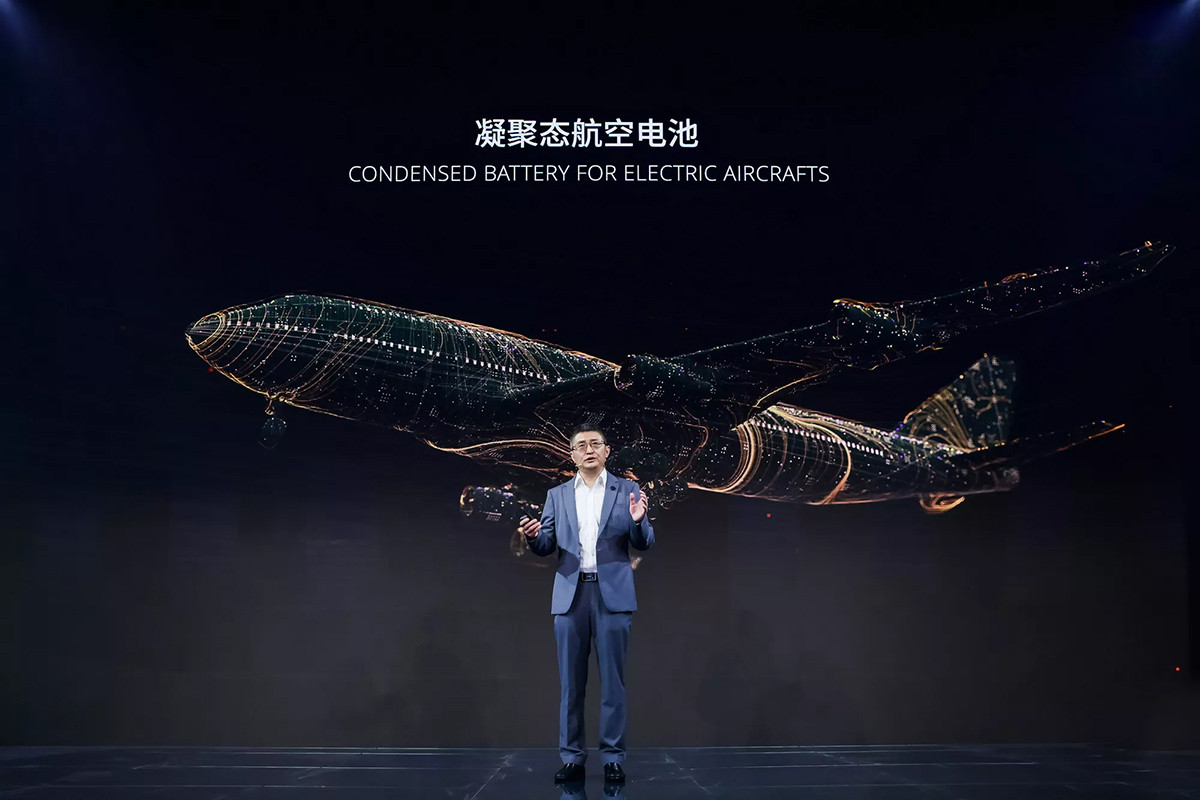CATL declares that their new battery technology will mark a turning point not only for the automotive industry but also for the aerospace and maritime sectors.
According to InsideEV, the sodium-ion solid-state battery technology offers advantages in terms of affordability and a battery energy density of up to 160 Wh/kg. Meanwhile, Tesla’s 4680 battery cells, applied in the Model Y, are considered one of the most advanced battery types on the market today, with an energy density of up to 296 Wh/kg.

However, CATL recently announced that their new battery technology will provide an energy density of up to 500 Wh/kg, which is 1.5 times higher than Tesla’s 4680 battery. This will break the limitations on the range of electric vehicles. In fact, thanks to this new battery technology, in the future, we will witness electric airplanes running entirely on electricity.
To achieve such an impressive figure, CATL utilizes a new high-conductivity bio-electrolyte state-of-the-art electrochemical technology, thereby creating a self-adaptive micron-level grid structure that can adjust the interaction force within the chain to improve electrical conductivity and stability.
The battery will also use high-energy density negative electrode materials, improved positive electrode materials, and separator materials to enhance charging and discharging performance. Additionally, these materials will also contribute to making the battery safer.
CATL shares: “The introduction of this advanced technology will break the long-standing limitations that have hindered the development of the battery industry and will open up a new chapter in electrification, focusing on high safety levels and lightweight design.”

The world’s No. 1 battery maker said it is working with partners to develop electric commercial passenger aircraft that achieve airline-level safety standards.
“The introduction of solid-state batteries will usher in a new era of electrification for global transportation by sea, land, and air, opening up more development opportunities for the industry and accelerating the achievement of global carbon neutrality goals faster than the plan set for 2050,” CATL added.
Currently, there are many next-generation battery technologies that promise to generate enormous energy density figures within the next 5 years, but in reality, very few technologies have been brought into commercial production. However, CATL has announced that their new battery technology will be put into production by the end of this year, initially for application in electric vehicles.
According to Carscoops.


